Introducing the ISSUP Scientific Council
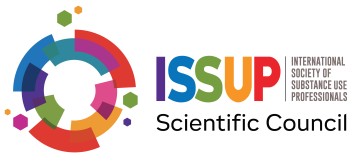
In our continued commitment to keeping the ISSUP community updated on the latest research and knowledge geared towards drug demand, ISSUP has established a Scientific Council to provide further support ISSUP in our efforts to ensure that resources shared via our platform are accessible to the full spectrum of our membership, from providers of care with varying levels of professionalisation to drug demand reduction system managers and policymakers. The Scientific Council is established to support ISSUP in ensuring that research is communicated into practice and ultimately into policy.
Following a nomination and review process in April and September 2024, the Scientific Council held its first meeting on 10 October 2024, and it is our pleasure to introduce these esteemed colleagues to the community.
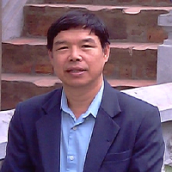
|
Apinun Aramrattana |
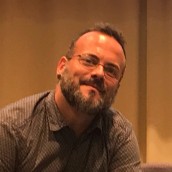
|
Fran Calvo |
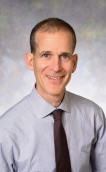
|
Gavin Bart |
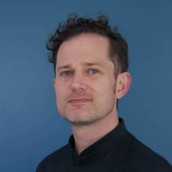
|
Harry Sumnall |
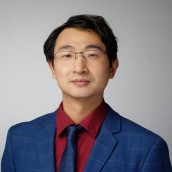
|
Jiang Long |
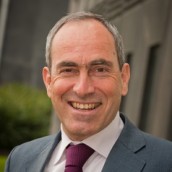
|
John Toumbourou |
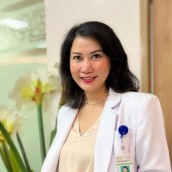
|
Kristiana Siste |
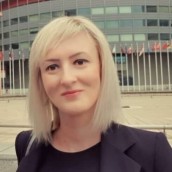
|
Mulka Nisic |
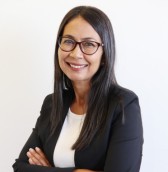
|
Nadine Harker |
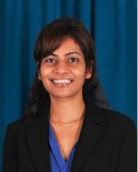
|
Nathalie Panabokke |

|
Rachele Donini |
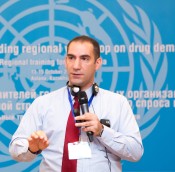
|
Wadih Maalouf |
The Council is composed of a group of global experts with demonstrable expertise in the development and implementation of evidence-based practice in drug demand reduction. The Council is chaired by Goodman Sibeko, the Scientific Advisor for ISSUP Global. The members of the Council have been drawn from regions around the globe, including ample representation from Africa, the Middle East, Europe, Oceania, South Asia and North America. This gives ISSUP the benefit of varied regional expertise, with a critical sensitivity to local perspectives in a global context. We look forward to further enriching the Council with representation from Latin America in the near future.
The Scientific Council have a strong academic background with key areas of expertise that will be a crucial value add for ISSUP. This includes a strong representation of the areas of Prevention, Treatment, Mental Health, and Translation of Research into Policy. Also strongly represented are the areas of Harm Reduction, Programme and Policy developed and implementation, and monitoring and surveillance. We are excited to additionally have access to the Scientific Council’s crucial expertise in Recovery Support, Quality Assurance, Behavioural addictions and criminal justice. These all feed into ISSUP’s priority engagement as reflected in past and future webinars, knowledge share, and training offerings.
ISSUP is embedded in a strong global drug demand reduction network and through our website and events, ISSUP facilitates sharing across several internal networks. We are pleased to note that the Scientific Council strengthens ISSUP’s network linkages through affiliations across the following networks. Amongst many others:
-
International Consortium of Universities for Drug Demand Reduction (ICUDDR)
-
International Technology Transfer Centres (ITTC)
-
The European Society for Prevention Research (EUSPR)
-
United Nations Office on Drugs and Crime (UNODC)
-
World Health Organisation (WHO)
-
Substance Abuse and Mental Health Services Administration (SAMHSA)
-
Recovered Users Network (RUN)
-
Society for Prevention Research (SPR)
The Scientific Council are additionally fluent in several languages in addition to English, which will ensure that ISSUP is able to not only remain culturally sensitive and responsive but also to scientifically engage inclusively, incorporating the languages key to our membership. Besides being a wonderfully warm group, the Scientific Council individually and collectively demonstrate through personal and professional experience and through scientific research, an appreciation of the challenges of delivering substance use prevention, harm reduction, treatment and recovery support. The Council are all ISSUP members and thus share an appreciation of the network, the ISSUP web platform and our various intersectoral collaborations. The Council is therefore well placed to support ISSUP’s growth and ongoing commitment to nurturing and supporting the network. We warmly welcome the members of the Scientific Council and look forward to learning from them and growing with them.